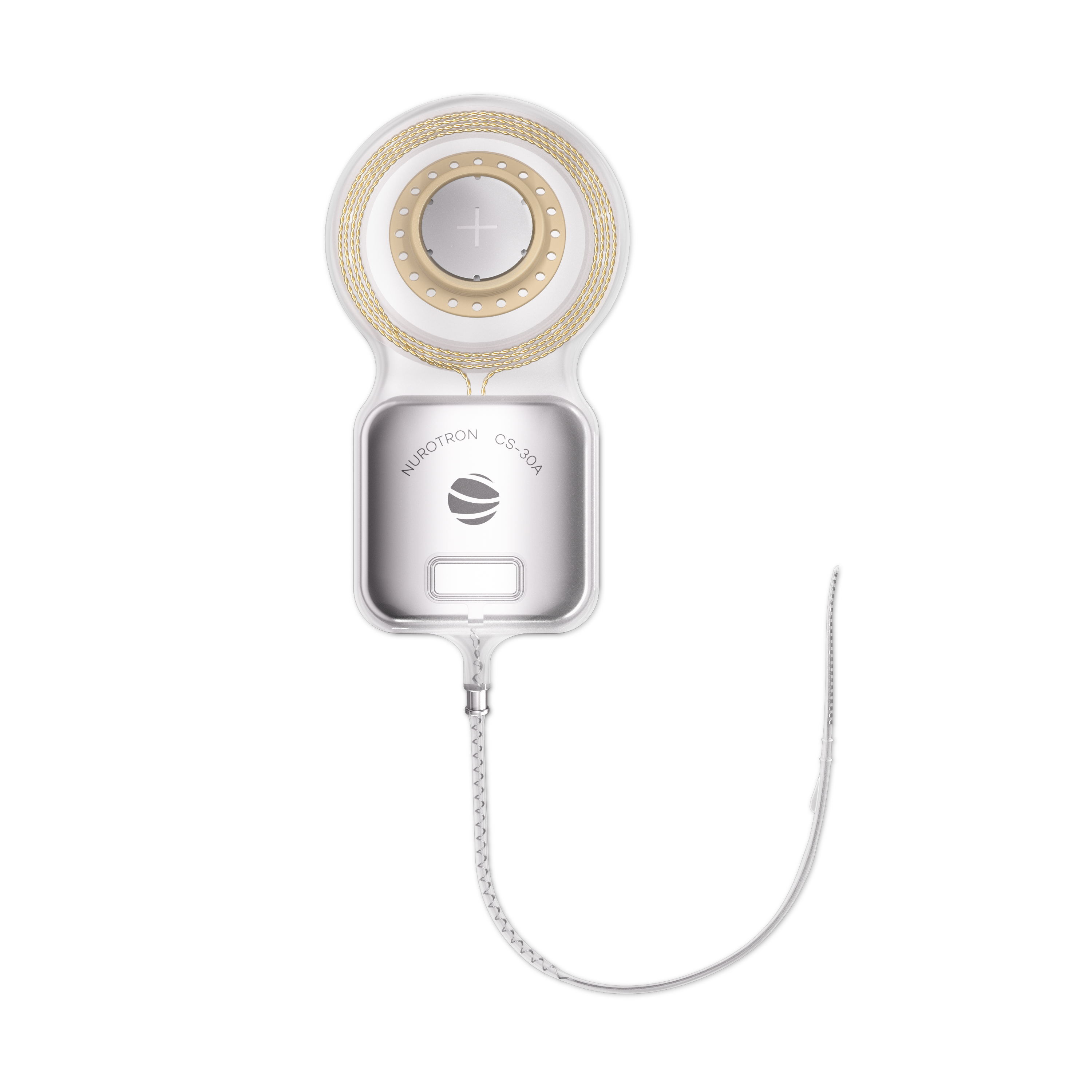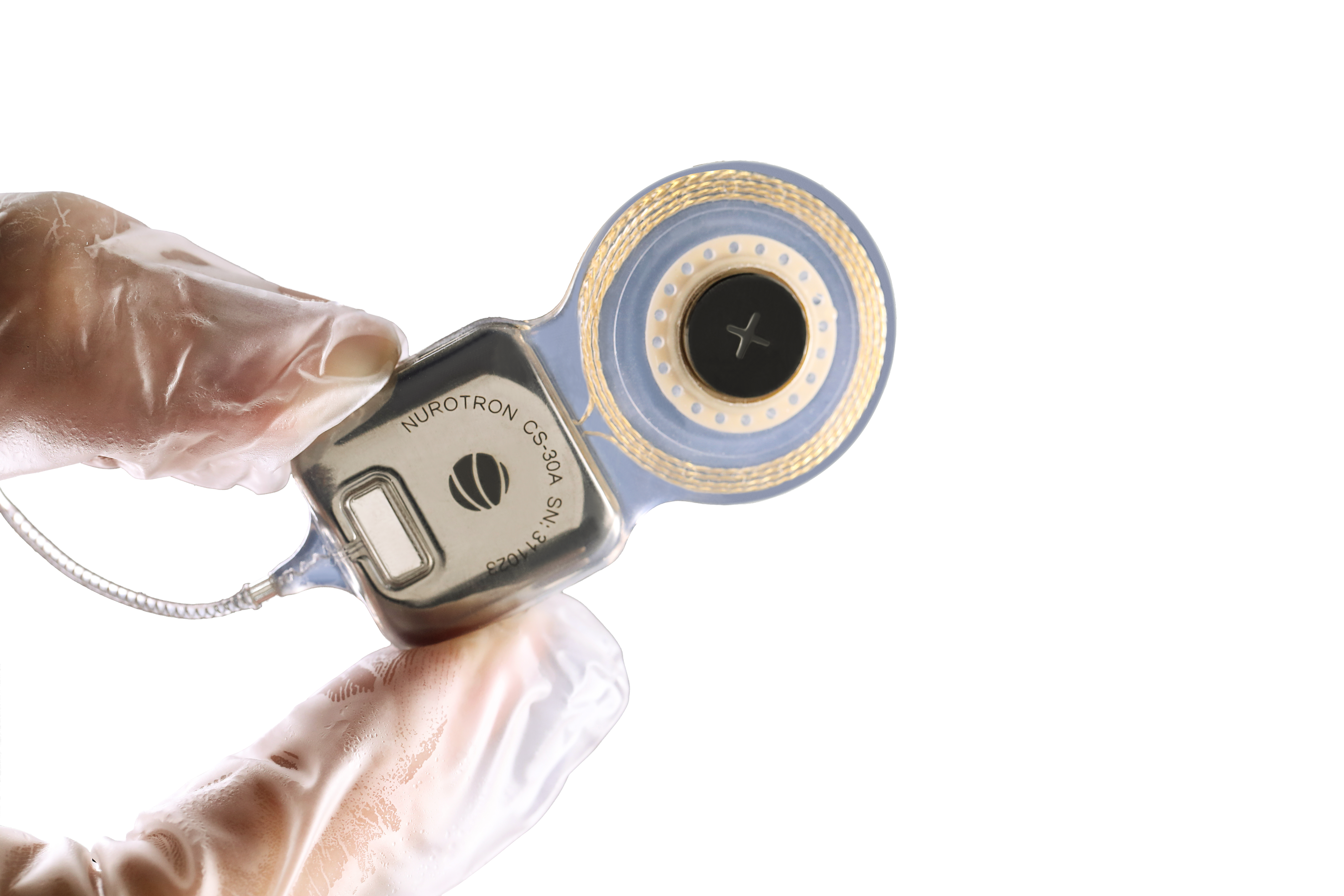In the rapidly evolving field of audiology, cochlear implants have emerged as a revolutionary solution for individuals with severe hearing loss. One significant advancement is the development of MRI-compatible cochlear implants, which allows patients to undergo essential imaging procedures without compromising their device’s functionality. This innovation not only enhances patient safety but also expands treatment options for those who rely on these devices.
Click to find more about cochlear implant MRI compatible.
The Importance of Cochlear Implant MRI Compatibility
MRI compatibility in cochlear implants is crucial for ensuring that patients can receive necessary medical imaging without risking damage to their devices. Traditional cochlear implants often posed challenges during MRIs due to potential heating and movement caused by magnetic fields. However, advancements in technology have led to the creation of specially designed materials and components that allow these devices to be safely scanned. As a result, healthcare providers can offer comprehensive care while maintaining the integrity of the patient’s hearing solution.
Nurotron: Pioneering Innovations in Cochlear Implants
Nurotron Technology Corporation stands at the forefront of developing cutting-edge cochlear implant solutions, including MRI-compatible models. With a commitment to enhancing auditory experiences through innovative design and engineering, Nurotron has successfully integrated advanced features into its products. Their focus on research and development ensures that users benefit from state-of-the-art technology while enjoying peace of mind regarding medical procedures like MRIs.
Bluetooh Cochlear Implants: The Future of Connectivity
The introduction of Bluetooth-enabled cochlear implants marks another significant leap forward in auditory technology. These devices facilitate seamless connectivity between users’ smartphones or other digital platforms, allowing them greater control over their listening experience. By integrating wireless capabilities with MRI compatibility, manufacturers are addressing both convenience and safety concerns—ensuring that patients remain connected even during critical diagnostic tests.
Conclusion

The advent of MRI-compatible cochlear implants represents a pivotal moment in audiological care, providing enhanced safety and accessibility for patients requiring imaging services. Companies like Nurotron are leading this charge by innovating technologies that prioritize user needs while maintaining high standards for performance and reliability. As we continue to witness advancements such as Bluetooth integration alongside improved compatibility features, it becomes clear that the future holds promising developments for individuals relying on these life-changing devices.
Click bluetooth cochlear implants.
